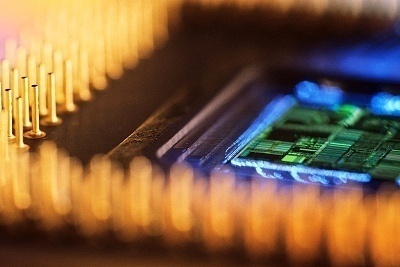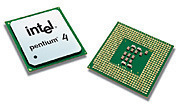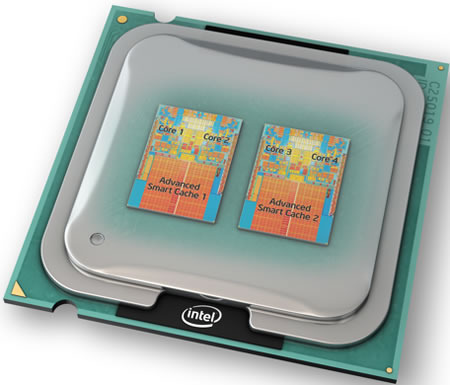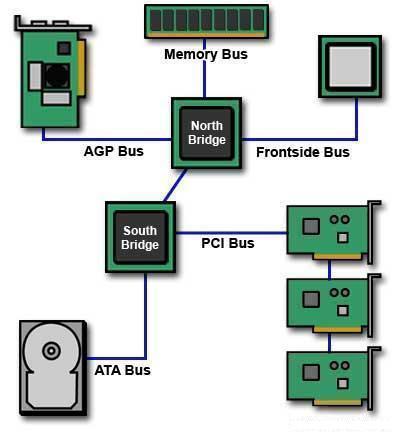CPU is an acronym that stands for central processing unit. The central processing unit is responsible for performing all of the mathematical calculations that are required for a computer to function properly. Because a computer cannot function without the CPU (which may also be referred to as the central processor or just the processor), it is not uncommon to hear people refer to the CPU as the "brains" of a computer.
How does the CPU work?
To properly perform its job, the CPU must complete a cycle of four steps. The first step in this cycle is to fetch a instruction from a software program's memory. Once the CPU fetches the instruction, its second step is to decode the instruction. By decoding the instruction, the CPU is able to organize the information from the instruction in a manner that allows the CPU to complete the next step, which is executing.

During the execution step, the CPU completes the instruction. It accomplishes this by following the information gained during the decoding step. Once the CPU has finished executing the instruction, the final step in this cycle is to write-back the results that occurred during the execution step. The CPU can write-back the results to its own internal register, or to the main memory of the computer.
CPU Manufacturers
While there are numerous companies that make CPUs for different purposes, the two best known makers of CPUs for consumer computers are AMD and Intel. AMD's current line of processors includes Athlon, Phenom, Sempron and Turion processors, while Intel's current line of processors includes the Celeron, Pentium, Core 2, Centrino and Centrino 2 processors.




Follow Us!